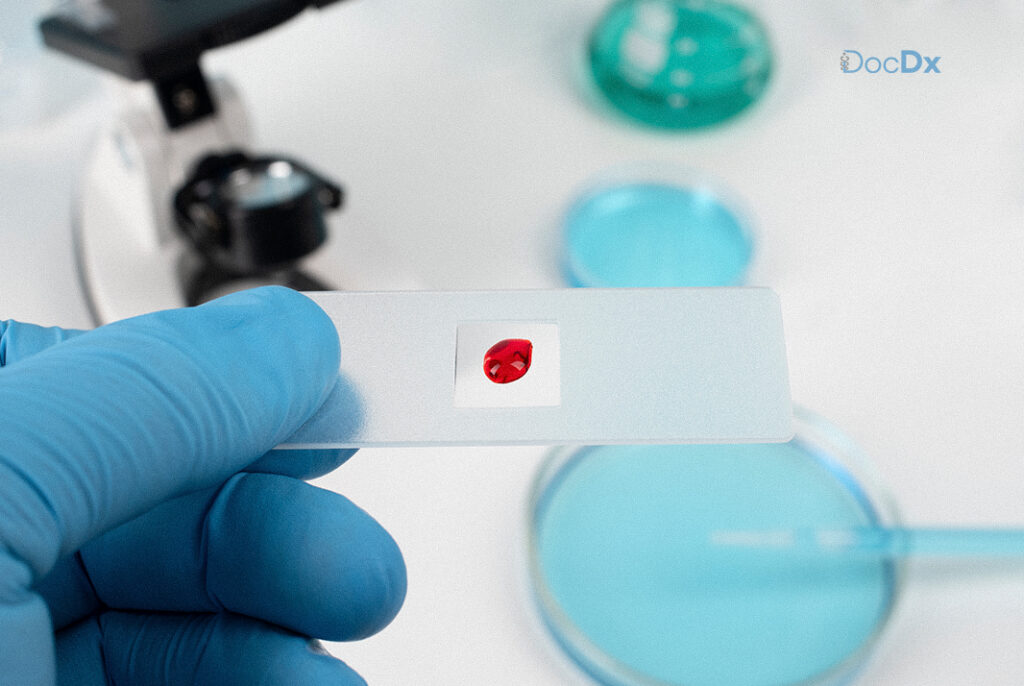When it comes to cancer, time is everything. Detecting cancer early can significantly increase survival rates, reduce treatment costs, and improve quality of life. Imagine being able to find a hidden problem before it becomes a monster—that’s exactly what early cancer screening does.
From mammograms to cutting-edge AI diagnostics, today’s medical landscape offers an arsenal of tools that empower doctors and patients alike. In this blog, we’ll take a deep dive into the world of cancer diagnostics, from the well-known to the revolutionary.
How Early Detection Saves Lives
Survival Stats Don’t Lie
Here’s the deal: early-stage cancers are way more treatable than late-stage ones.
- Breast Cancer: Stage I survival rates are as high as 99%.
- Colorectal Cancer: Screening reduces the risk of death by up to 60%.
- Cervical Cancer: Regular screening can reduce mortality by over 80%.
These aren’t just numbers—they’re lives saved.
📖 WHO Protocols: Screening vs. Early Diagnosis
According to the World Health Organization (WHO), screening is testing healthy individuals who may be at risk, while early diagnosis focuses on those showing symptoms. Both strategies work hand-in-hand to catch cancers before they spread.
Standard Screening Tests
Let’s break down the most common screening tests and how they work.
| Cancer Type | Test Type | Recommended Age/Frequency | Early Detection Benefit |
|---|---|---|---|
| Breast | Mammography | Women 40–74 (annually or bi-annually) | 30–50% mortality reduction |
| Cervical | Pap Smear / HPV Test | Women 21–65 (every 3–5 years) | 80%+ mortality reduction |
| Colorectal | Colonoscopy, FIT/FOBT | Adults 45–75 (every 10 years for colonoscopy) | Up to 60% reduction in death rates |
| Lung | Low-Dose CT Scan | Smokers 55–80 (annually) | Detects cancer at an earlier, treatable stage |
Emerging Diagnostic Technologies
Liquid Biopsy & ctDNA
Imagine a simple blood test that can detect cancer years before symptoms appear. That’s what liquid biopsies and circulating tumor DNA (ctDNA) offer. These tests are non-invasive and could become game-changers for early detection.
🖥️ Contrast-Enhanced Mammography
Especially useful for women with dense breast tissue, this technique improves visibility in mammograms, catching tumors that standard imaging may miss.
🤖 AI & Risk-Tailored Screening
With the rise of artificial intelligence, diagnostic tools can now analyze genetic data and medical history to customize screening plans. It’s like having a personalized cancer detective built into your healthcare.
Pros, Cons & Challenges
The Trade-Offs
- False Positives: Sometimes, tests flag something that turns out to be harmless.
- Overdiagnosis: Not all cancers detected early would have become harmful.
- Lead-Time Bias: Detecting cancer earlier may not always affect its outcome but can make survival time look longer.
💸 Access & Cost Barriers
Not everyone has equal access to these tests. Cost, location, and insurance limitations can prevent people from getting the care they need. That’s where community clinics like DocDx step in to fill the gap.
Who Should Get Screened & When
Screening isn’t one-size-fits-all. Here’s a quick cheat sheet:
- Breast Cancer: Start at 40, screen yearly or every 2 years.
- Cervical Cancer: Begin at 21, test every 3–5 years.
- Colorectal Cancer: Begin at 45, colonoscopy every 10 years or annual FIT.
- Lung Cancer: Smokers or former smokers aged 55–80 should get annual low-dose CT scans.
Consult your primary care physician to build a personalized screening plan.
How to Prepare & What to Expect
Before your test:
- Fasting may be required (especially for blood-based screenings).
- Wear comfortable clothing for mammograms or colonoscopies.
- Bring insurance details and prior medical records.
Coverage? Most insurance plans (and even Medicare) cover standard screenings. You can always check with your local provider, like DocDx, for affordable options.
What Comes After a Positive Test?
If a screening comes back positive, don’t panic—it doesn’t always mean cancer. Here’s what usually happens next:
- Follow-Up Imaging – MRI, ultrasound, or additional CT scans.
- Biopsy – A tissue sample is analyzed for confirmation.
- Care Plan Creation – You’ll work with specialists to map out your next steps.
Having a care navigator or clinic partner makes the journey less overwhelming.
🌐 Resources & Links
Here are some trusted sources for more in-depth info:
- WHO Cancer Early Diagnosis Guide
- American Cancer Society Screening Guidelines
- DocDx Cancer Screening Services
✅ Conclusion
Early detection of cancer isn’t just a medical term—it’s a lifeline. From traditional tests to futuristic blood diagnostics, you have more tools than ever to take charge of your health. Don’t wait for symptoms. Get screened, stay informed, and spread awareness.




